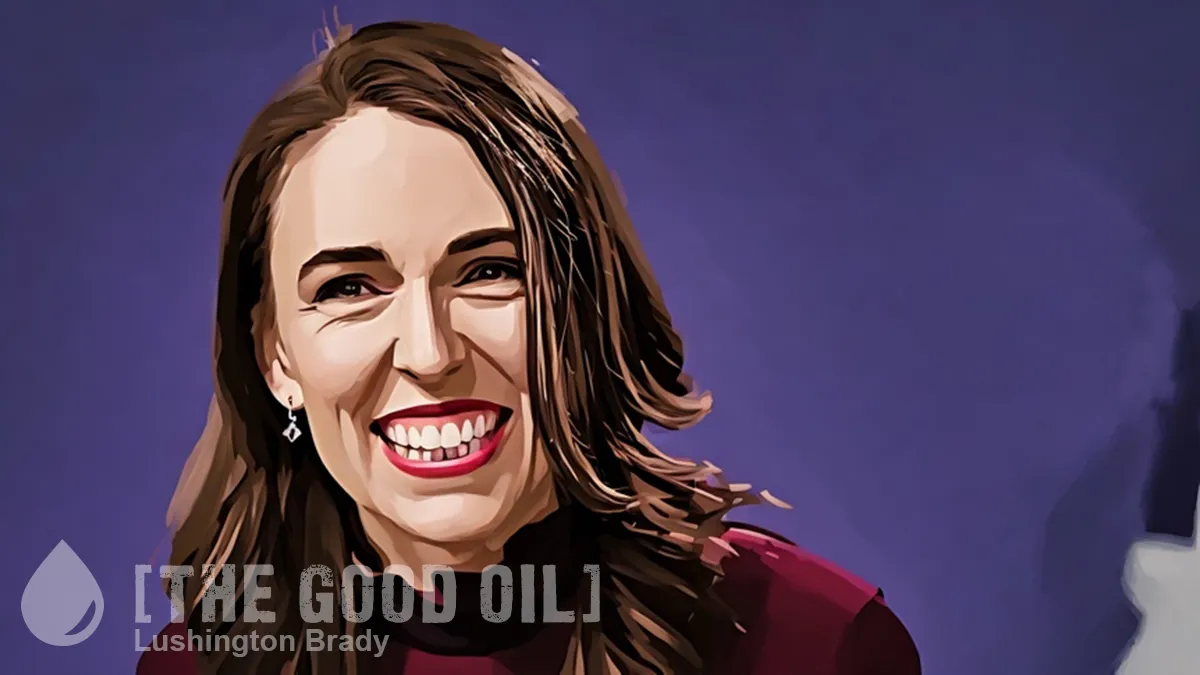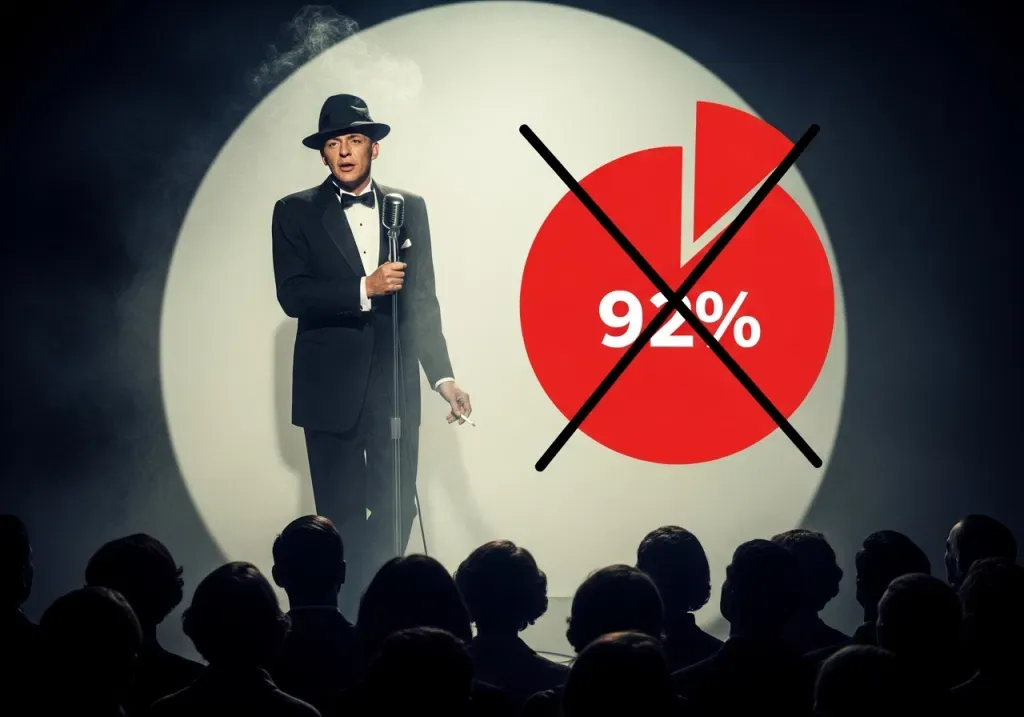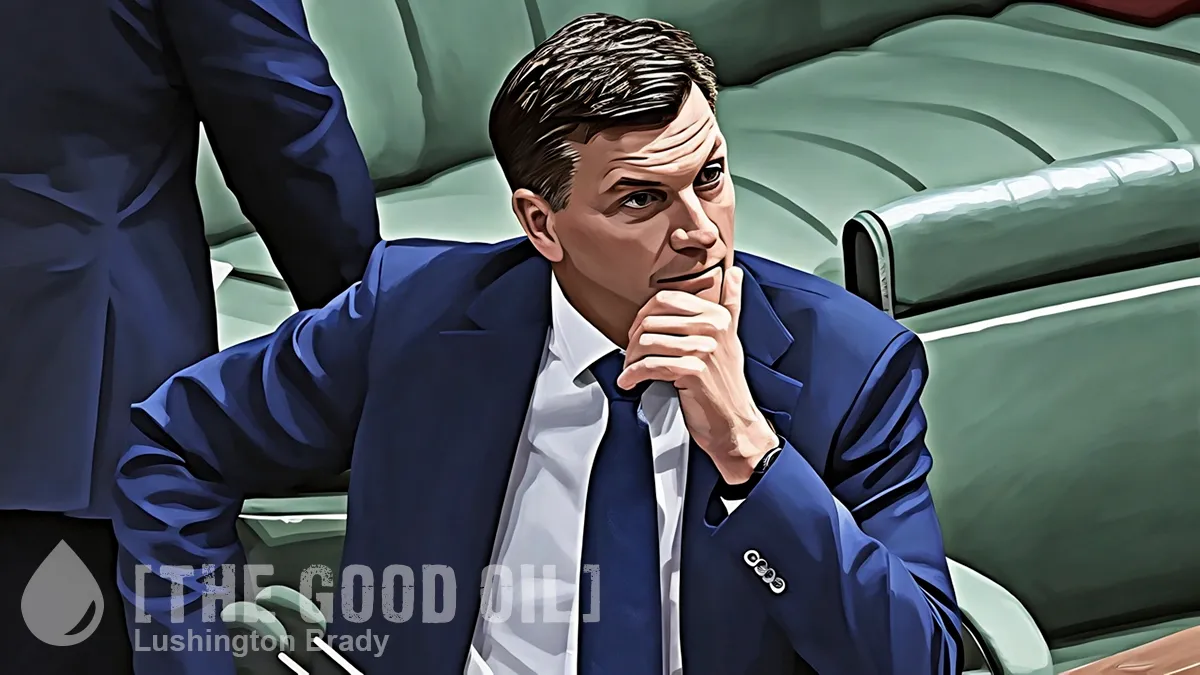Table of Contents
Patrick Carroll
Patrick Carroll is the managing editor at the Foundation for Economic Education.
In a subdued press conference on Monday morning, Canada’s Prime Minister Justin Trudeau announced that he plans to step down from his role. The date he would actually leave office was not specified, but it would be before the next election, which is set to take place in the coming months. The announcement comes in the midst of dismal polling for Trudeau’s Liberal Party, with recent numbers putting the party’s support at a mere 16 per cent, the lowest it’s been in over 10 years.
While calls for his resignation have been mounting for months now, the pressure ticked up considerably when Chrystia Freeland – Trudeau’s Minister of Finance and Deputy Prime Minister – unexpectedly resigned from the Cabinet back in December.
“It has become obvious to me with the internal battles that I cannot be the one to carry the Liberal standard into the next election,” Trudeau said. “Removing me from the equation as the leader who will fight the next election for the Liberal Party should also decrease the level of polarization we’re seeing right now in the House and in Canadian politics.”
For many, this decision is long overdue. Whether it’s the “costly political gimmicks” Freeland complained about in her resignation letter, the numerous scandals, or simply the economic slump Canada finds itself in, almost everyone is ready to begin a new chapter in Canadian politics.
But before we leave the past behind completely, we should take a moment to reflect on Trudeau’s nearly 10 years in office and the lessons we can learn from it.
Unfit to Lead
From the very beginning, both Trudeau’s competence and his character have been called into question. He sailed into power with a thin CV, but a cool haircut and a well-known surname (his father was Pierre Trudeau, Canadian PM from 1968 to 1979, and again from 1980 to 1984).
When asked why he selected a gender-balanced Cabinet in his first term – with 15 of 31 posts held by women – he famously answered, “Because it’s 2015.” That may have played well with his progressive base, but it was a flimsy case for his personnel choices. Many other cabinet and policy decisions have likewise raised eyebrows regarding his aptitude.
Trudeau’s character flaws have been even more apparent. “Trudeau clearly has narcissistic personality characteristics,” said Jordan Peterson in a recent podcast episode, echoing criticisms he has been making for years. “[He] runs the country, what, as a testament to his own grandeur, it’s something like that… The Trudeau government has skated through at least half a dozen scandals that under normal circumstances would have provoked an honorable government to resign.”
Whether it was appearing in blackface at parties, or accepting gifts from a foreign magnate, his judgement seemed poor, to say the least.
In addition to the scandals, Trudeau and his wife Sophie separated in August 2023, after 18 years of marriage. This isn’t to say that was entirely his fault, of course, but it does tarnish his “family man” image in the public eye.
Why the Worst Get on Top
All of this is reminiscent of F A Hayek’s chapter in The Road to Serfdom titled “Why the Worst Get on Top.” In the chapter, Hayek explains that positions of power in totalitarian regimes tend to attract the worst kinds of people because of the very nature of the system. Others have pointed out that a similar problem exists with non-totalitarian governments as well. As Trudeau’s tenure illustrates, the kind of people who tend to gain power are precisely those who shouldn’t have it.
“…[I]t is a well-known fact that those people who most want to rule people are, ipso facto, those least suited to do it,” writes Douglas Adams. “…anyone who is capable of getting themselves made president should on no account be allowed to do the job.”
Or as Frank Herbert put it, “All governments suffer a recurring problem: Power attracts pathological personalities. It is not that power corrupts but that it is magnetic to the corruptible.”
The propensity of people like Trudeau to acquire and maintain positions of power underscores the importance of limiting government power in every possible way. And this goes far beyond ‘checks and balances.’ This means asking serious questions – at a constitutional level – about how much authority the government should have to tax us and interfere with our lives and businesses.
Imagine a world where the government had so little power that no one even particularly cared who the prime minister was. Maybe, instead of putting our hopes in a new ruler, that would be a better path for Canadians to pursue.
This article was originally published by the Foundation for Economic Education.







